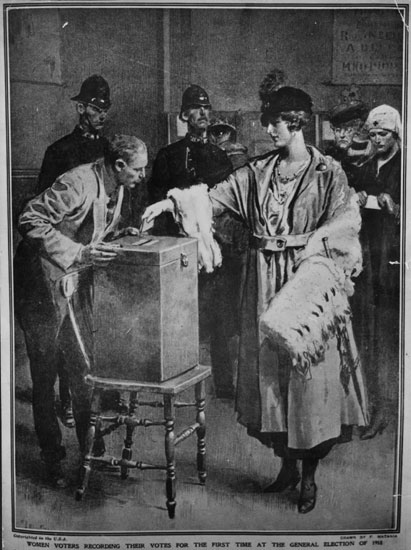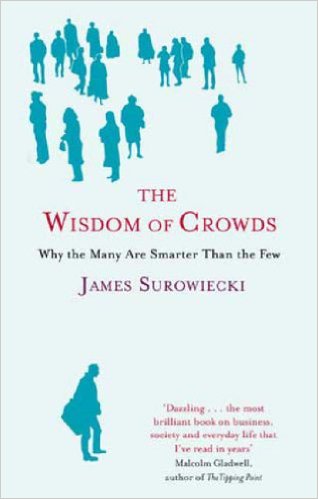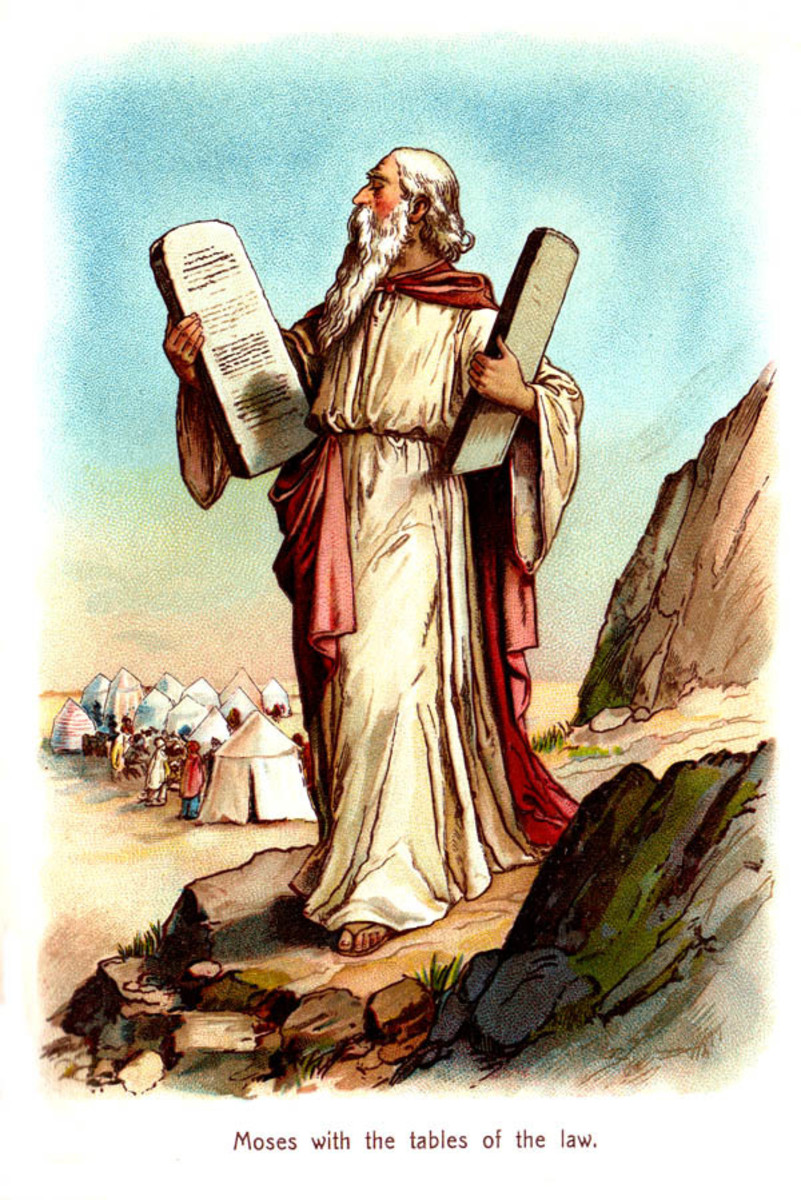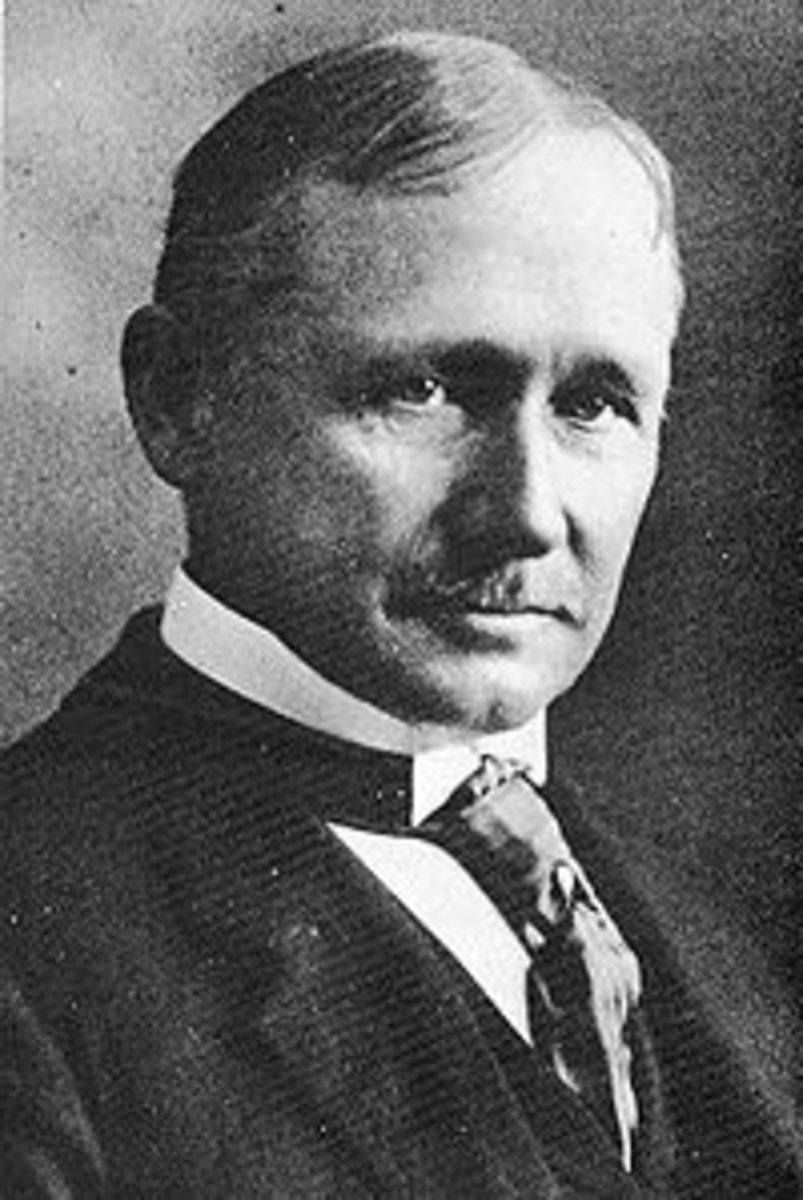Demise of The Co-operative Group / Part 8 - Finale

The Future - if we have already lost The Group
Should the loss of The Group trigger a mass exodus?
Should we all, on a chosen day, abandon it to the stuffed shirts, hedge funders, and banksters and proceed to generate the resources to sue them for the mis-use of the term “co-operative”?
Perhaps. I'm not sure myself. I'm probably more inclined to hang in there to the bitter end in the forlorn hope that the opportunity may yet arise to prise it back from their greed-frozen fingers when they suddenly awake to the fact that even more money can be made for less hassle elsewhere in the speculator economy.
In so doing, I'm reminded of Tony Benn's 5 questions to put to supposedly democratic leaders, to whit: “What power have you got? Where did you get it from? In whose interests do you exercise it? To whom are you accountable? How can we get rid of you?” He goes on to say, “Only democracy gives us the right to ask these (and expect answers). That is why no-one in power likes democracy and that is why every generation must struggle to win it and keep it; including you and me, here and now.”

too early to give up on democracy
But whether we abandon the ship or not, what is abundantly clear from the broader history of our species is that it is much too early to give up on democracy. For all its shortcomings, it has been shown to be the nearest to a sane way of managing human activity. What has been lacking has been ongoing and systematic education in democracy.
Insofar as “a democracy is only as good as its education system”, ask yourself if democracy has ever really been given a proper chance. Do our schools prepare students for a fully participative democracy? Do our work places encourage collective decision-making and shared responsibility? Has any human society ever fully committed to democracy by assuring that democracy is at the very centre of the educational experience? The Scandinavians are beginning to take this on board, and results are already beginning to show, but elsewhere?
The Group has actually had, to date, a fairly exemplary record in trying to train and educate elected Members, but, really, such Members should have access to all this before they run for office. Learning “on the job”, in the context of an organisation as complex as The Group is simply not acceptable. Ongoing and specialised training sure, but the basics should be well in place among the wider Membership if the democratic apparatus is to be given a fighting chance.

good democracy requires very determined effort
But it is also clearer than ever before too that democracy needs a lot more work. Having sat through a lifetime of soul-destroyingly dreary political, trade union, voluntary sector, Local Government, and Group meetings I can attest, first hand, to the extravagant amounts of collective time squandered. Poor chairing is rife. Wider misunderstanding of the role of the chair and the support required for the role is also rife. Self discipline is hapless. Focus is poor. Decisions are fuzzy and very rarely lead to concrete actions or outcomes. It is no surprise that, when seriously urgent problems arise, we are hopelessly inadequate in responding.
A good democracy requires a very determined effort to train and inform its members; to prepare them for leadership and leadership support roles. As mentioned previously, in organisations the size and nature of The Group this could be funded through marketing and through shopping incentives. It is only through an enhanced broader base of informed membership that the fragility of democracy is protected.
Our illustrious unelected Chair (pull-ease, a co-op?), the lamentable Allan Leighton (£250k/year and rising, for two days a week) opines that “people” are the problem. People, properly informed, are, of course, our only hope.

In the brave new world of global economics, we must also pay closer attention to the plights of our cousins in the third world. One of the great failings of the Trade Union movement in its heyday was the sporadic interest it took in third world developments. Apart from some lip service and a few high profile exceptions, we tended to turn our backs on struggling third world labour organisers because we were too blinkered; too caught up in protecting our own demarcations and Ts&Cs. But the chickens came home to roost in the form of collapsing job markets at home as capital went abroad to fully exploit those unprotected masses. Of course labour is cheaper abroad when no one gives a toss about health & safety or environment or fair wages for fair hours. Because of that lapse in our collective concentration, we find ourselves competing for jobs with people still trapped in the kind of desperation unmatched by us since the early industrial revolution.
The co-operative movement did better than that. The Co-operative College in particular was exemplary in this regard. But much more still needs to be done. We must do more to assist and to protect other co-ops and other co-operators, at home and abroad. We might need them to help us in the not too distant future.

the wisdom of crowds
In spite of this magnificent dearth of preparation for participative democracy, encouragement for “the wisdom of crowds” can be found through a variety of sources. Though citizens may not be well versed in the mechanisms and procedures of formal collective decision making, when asked to respond en masse to specific questions they are shown, time and time again, to be unnervingly correct. Don't believe me? For a start, have a look at the James Surowiecki book shown here to the right. There are many others.
For another source of encouragement, have look at “crowd funding”. This is a means of raising cash from other than just the “bottom liners” (see “Bottom Liners”). Ordinary people with a few quid to spare are investing in ideas that look useful or hopeful or sensible rather than simply in ideas that look like they might generate a massive short term profit. And it makes a change from simply giving to “charity”, which, like its counterpart “social work”, is itself simply a way of apologising for the excesses of unadulterated corporate capitalism.

socio-technological swing
In Part 4, I referred, wistfully, to a "socio-technological swing".
Many of us have recently witnessed the rapidly agenda-setting capabilities of the social media. The “drain stream” media is increasingly derided and undermined as it tries to retain control of prioritising the day's or the week's events. The Corbyn and (in the US) Bernie Sanders phenomena have seen this manifested in very tangible terms. Despite early write-offs and later character assassination attempts by the drains, the real and meaningful discussion and news-spread was taking place on line where intelligent people were able to exchange directly, without corporate intervention and “interpretation”.
In addition to the Corbyn/Sanders example, there have been many many instances of people reporting demonstrations and committee ripostes and police brutality which the drains were simply ignoring. In many cases the drains have had to take up the stories because there has been so much interest generated on line. In my view, this represents a cusp; a turning point. In much the same way as the printing press side-stepped the church's stranglehold on interpreting the bible and radio ignited mass movements and television brought wars into our living rooms, this aspect of the internet is leveling the ground for opinion formers of all kinds.
Rupert Murdoch can tweet and FB to his heart's content, but he will find it difficult to command the kind of guaranteed attention he has through his drain stream outlets. On line, he's just another crumpled face in a sea of faces.
bodings
Does this bode well (or better) for the future? Well, there are so many races against time in place now. Can we save our eco-systems before they die? Can we wrest power from the psychopathic speculator corporations and their lackeys before they destroy us?
I'm guessing much will depend on whether or not we can retain a relatively open internet before corporate psychopathy regains control.
And much will depend on whether we can support and nurture and enhance and improve and export democracy in and to all settings and all walks of life before it disappears altogether.

Links
LINKS to the composite article, the all 8 Parts mash up, will eventually be placed at:
and
For further light reading, have a look at:
http://vrdm.hubpages.com/hub/Bottom-Liners
http://vrdm.hubpages.com/hub/The-New-Mutants
http://vrdm.hubpages.com/hub/The-Dawn-of-Consciousness
For a glimpse of the "Democracy Audit", see:
For relaxed viewing, see:
https://www.youtube.com/watch?v=TNgELDrU6yU
and
https://www.youtube.com/watch?v=GptSLg7IA8U
© 2015 Deacon Martin








